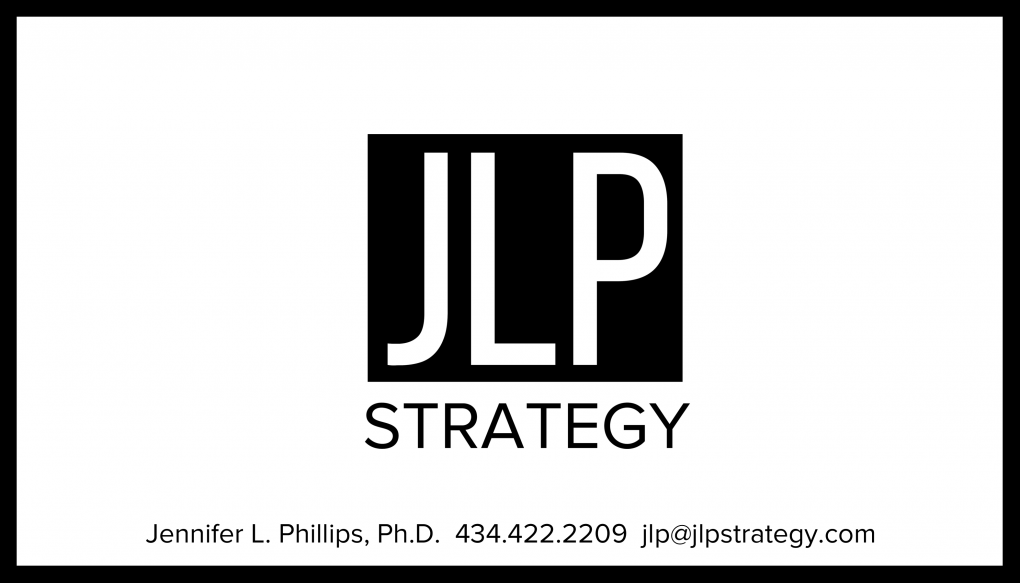Like many of you, current events leave me searching my heart for the right words, the right tone, the right course of action, and the right response to injustice in our culture. On occasion (e.g. here and here), I have used my business blog as a platform.
I have settled on two rules for this: (1) Business blogging must tie back to the work; it should not become a platform for either ranting or navel-gazing. (2) When my writing invokes others’ pain, it must be motivated by a sincere desire to help. The point is to share my expertise and perspective to alleviate suffering, not the other way around.
These two rules can coexist logically, I hope, because I have aligned my business model with my values.
Speaking out for justice aligns with my business strategy. This is a good thing.
Truth be told, I worry sometimes about limiting my client pool. However, I am determined that the normal anxiety of business development will not warp my values or my vision. It’s simple, really: I want to work with clients who share my concern for justice.
Social justice, racial justice, economic justice, LGBTQ justice, food justice, sexual justice, environmental justice, international justice, intersectional justice. Justice for the elderly; justice for youth. Justice for the differently abled. Justice for all.
Once I put my brave face on, I see this more clearly.
Marketing 101: know your best-fit clients.
These are the clients who will most benefit from your particular services, who will value your particular contribution, and for whom you know you can do great work — based on your particular acumen.
My unique background–in management and as a trained ethicist–differentiates me from other coaches. My best-fit clients want a coach who will support their values and ambition for impact, while also propelling their professional growth. They are business executives, nonprofit leaders, educators, artists, and individuals in transition. They walk many paths, and I walk my own as their coach. Together, we leverage their talents for positive impact — in their lives, their organizations, and the wider world.
Why do I write about justice on my business blog? My mission is to empower others to align their work with their values. My goal is to lead by example.









